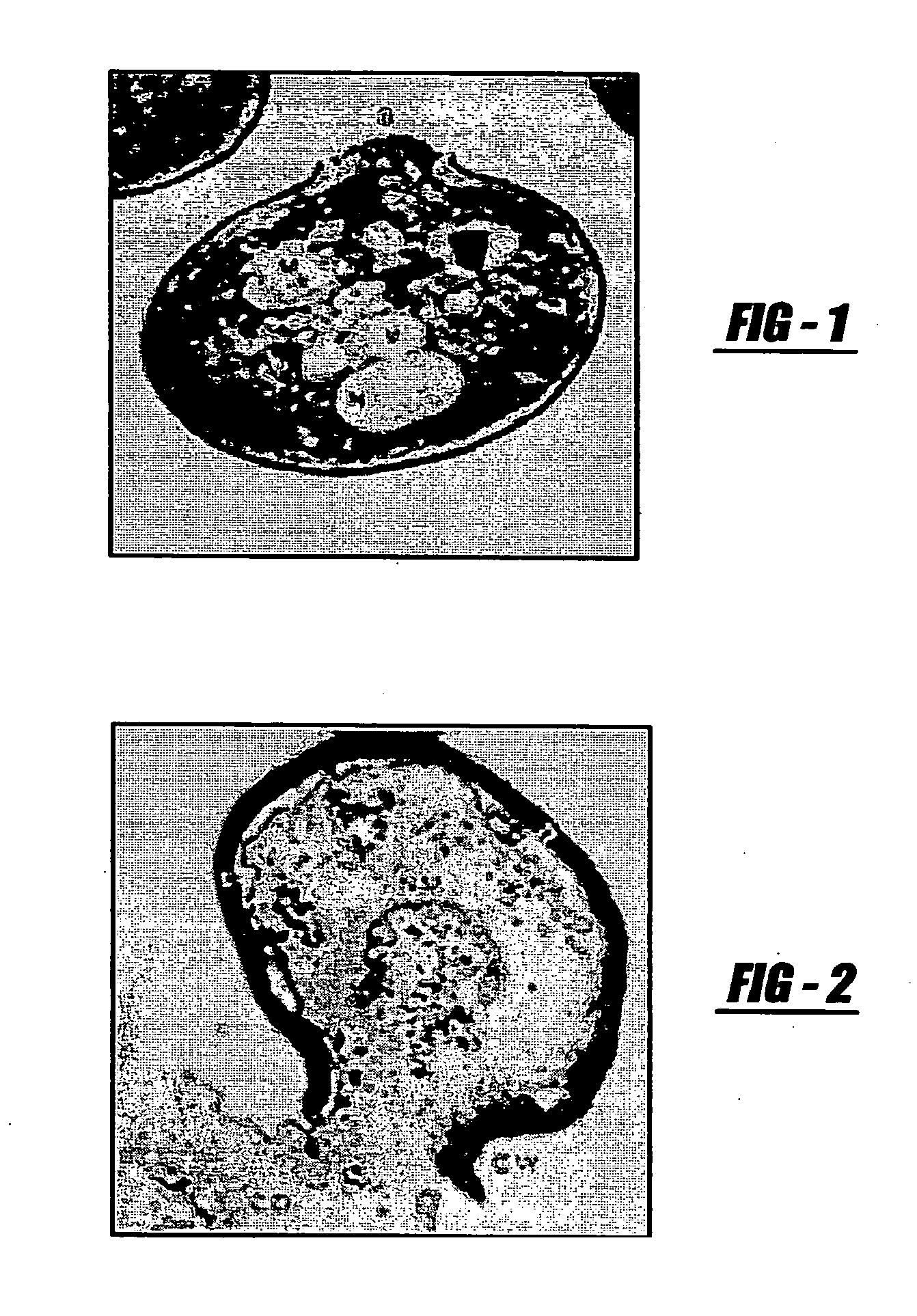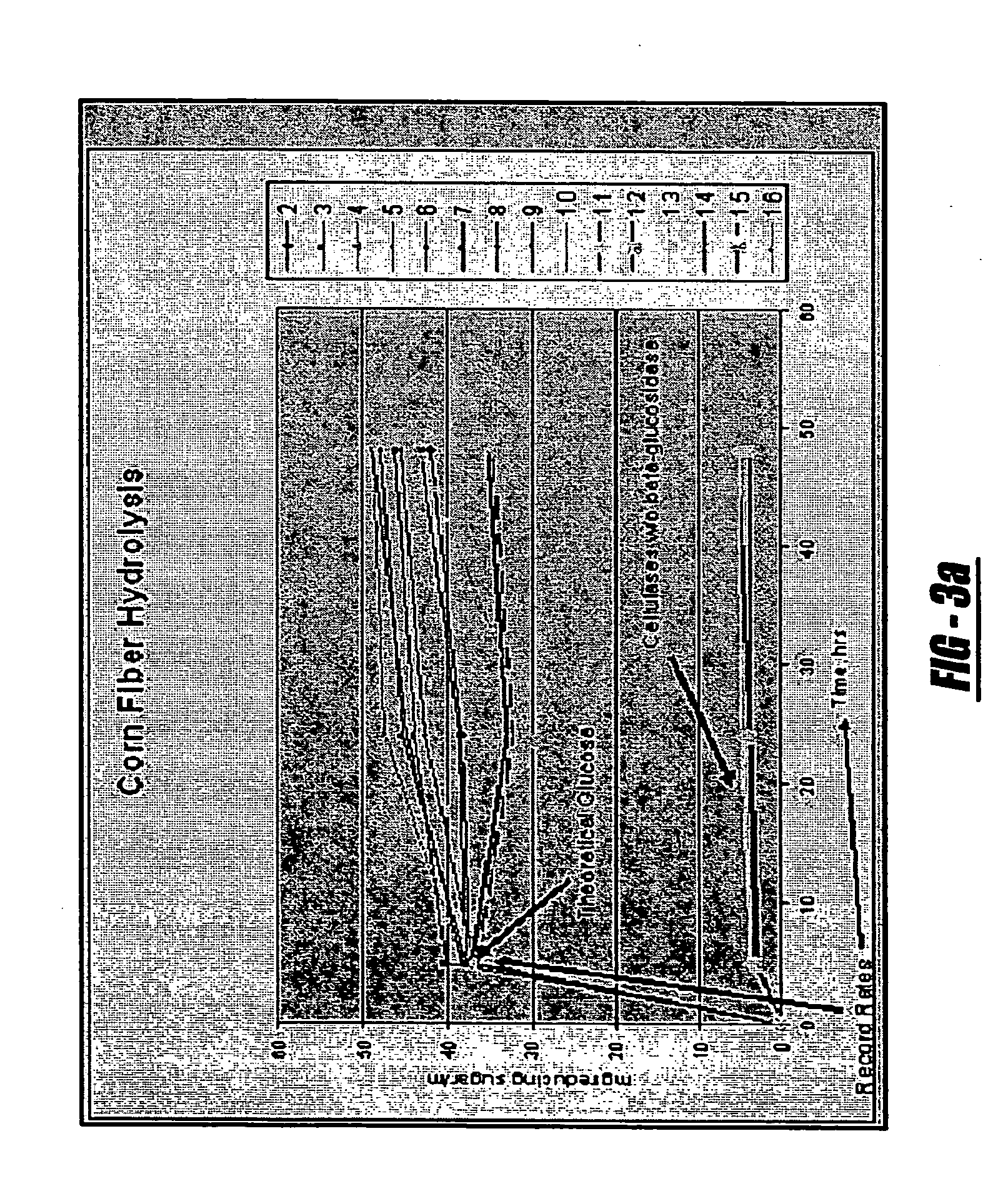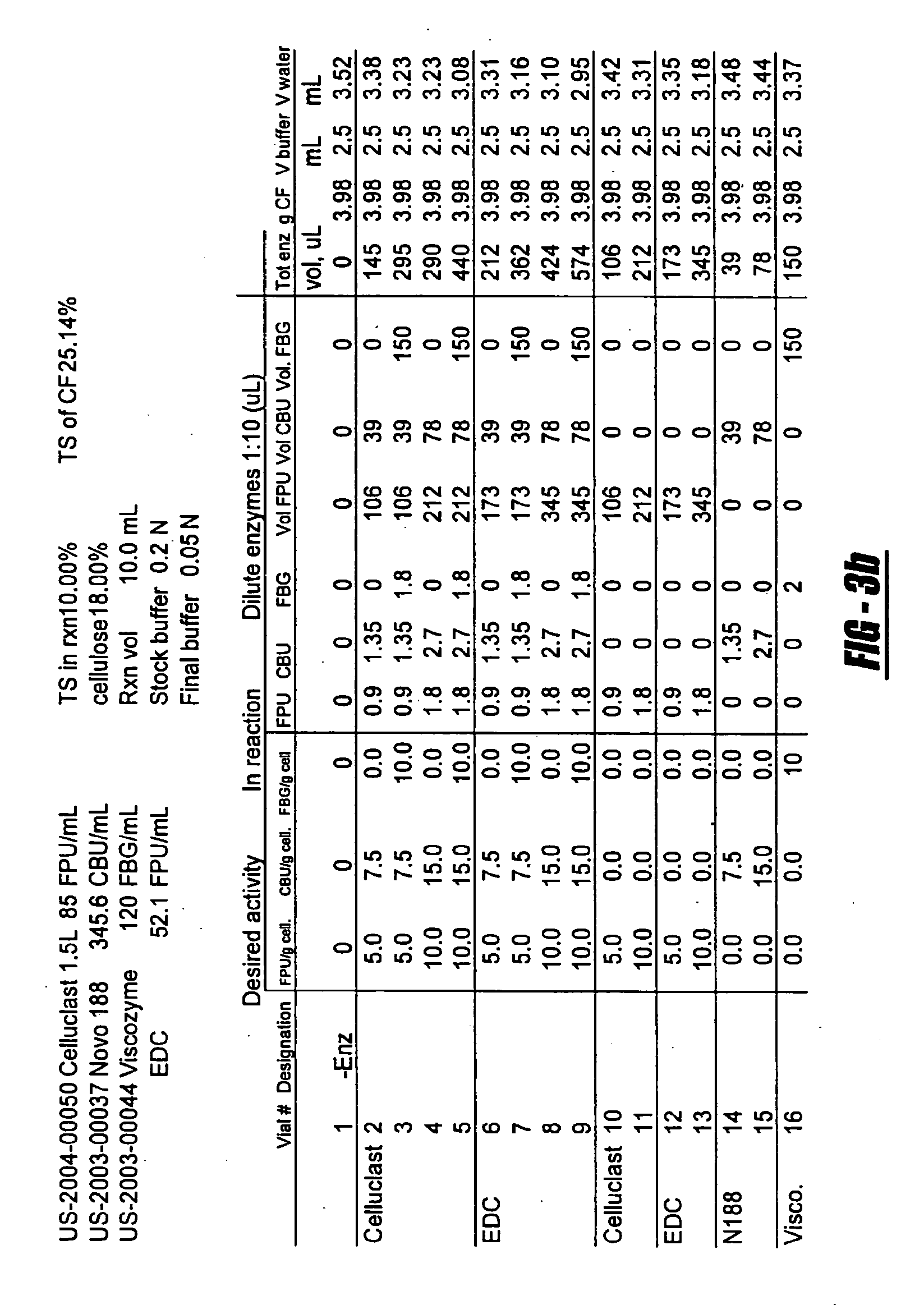Device and method for treating biomass
a biomass and device technology, applied in the field of biomass treatment and refining devices, can solve the problems of limiting bioreactivity and heat transfer in the process employing heat as a dissolving mechanism, requiring too many repeated applications of inline homogenizers without other inputs, and requiring a high degree of biomass destruction. , to achieve the effect of minimizing waste streams and cost effectiv
- Summary
- Abstract
- Description
- Claims
- Application Information
AI Technical Summary
Benefits of technology
Problems solved by technology
Method used
Image
Examples
Embodiment Construction
[0013]Generally, the present invention provides a method for processing and disrupting the primary cell structure of biomass, and chemically dissolving, a major component of biomass followed by dissolving most remaining components with low enzyme loadings with rapid dissolving rates. The cellular structure can be disrupted by subjecting the biomass to acidic or alkaline chemicals and related pH conditions with the addition of a wide range of heat, combined with high shear and cavitation under a range of equipment tip speeds and pressures, induced under a wide range of elevated pressures at the entrance of specially designed openings, and low exiting pressure zones within systems, followed by high pressure zones created by moving rotors. In some applications, chemical concentrations and corresponding pH conditions can be altered, either to become more basic or more acidic, during or after the application of cavitation, which has been applied with the addition of various levels of hea...
PUM
| Property | Measurement | Unit |
|---|---|---|
| speeds | aaaaa | aaaaa |
| speed | aaaaa | aaaaa |
| temperatures | aaaaa | aaaaa |
Abstract
Description
Claims
Application Information
 Login to View More
Login to View More - R&D
- Intellectual Property
- Life Sciences
- Materials
- Tech Scout
- Unparalleled Data Quality
- Higher Quality Content
- 60% Fewer Hallucinations
Browse by: Latest US Patents, China's latest patents, Technical Efficacy Thesaurus, Application Domain, Technology Topic, Popular Technical Reports.
© 2025 PatSnap. All rights reserved.Legal|Privacy policy|Modern Slavery Act Transparency Statement|Sitemap|About US| Contact US: help@patsnap.com



